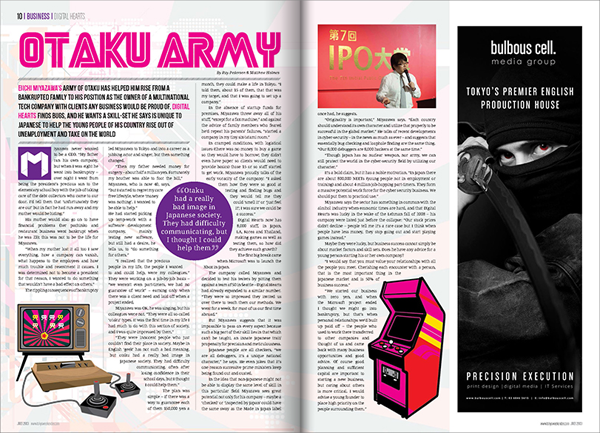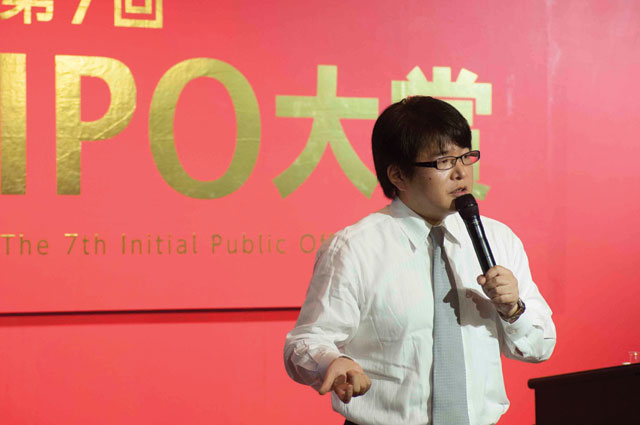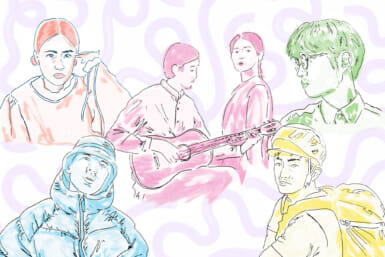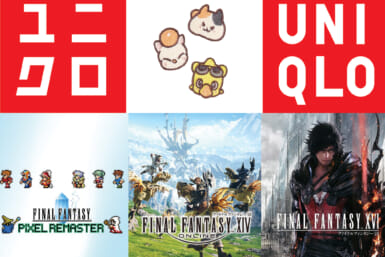Eiichi Miyazawa’s army of otaku has helped him rise from a bankrupted family to his position as the owner of a multinational tech company with clients any business would be proud of. Digital Hearts finds bugs, and he wants a skill-set he says is unique to Japanese to help the young people of his country rise out of unemployment and take on the world.
by Matthew Holmes & Ray Pedersen
Miyazawa never wanted to be a CEO. “My father ran his own company, but when I was eight he went into bankruptcy – over night I went from being the president’s precious son to the elementary school boy with the job of taking care of the debt collectors who came to our door. I’d tell them that ‘unfortunately they are out’ but in fact he had run away and my mother would be hiding.”
His mother would also go on to have financial problems (her pachinko and restaurant business went bankrupt when he was 23); this was not to be the life for Miyazawa.
“When my mother lost it all too I saw everything, how a company can vanish, what happens to the employees and how much trouble and resentment it causes. I was determined not to become a president for that reason, I wanted to do something that wouldn’t have a bad effect on others.”
The rippling consequences of bankruptcy led Miyazawa to Tokyo and into a career as a jobbing actor and singer, but then something changed.
“Then my father needed money for surgery – about half a million yen. Fortunately my brother was able to foot the bill,” Miyazawa, who is now 40, says, “but I started to regret my care free lifestyle, where ‘money was nothing’. I wanted to be able to help.”
“Maybe in English ‘geek’ has not such a bad meaning, but otaku had a really bad image in Japanese society. They had difficulty communicating, often after losing confidence in their school days, and I thought I could help them.”
He had started picking up temp-work with a software development company, mainly testing new software, but still had a desire, he tells us, to “do something for others.”
“I realized that the precious people in my life, the people I wanted to and could help, were my colleagues.” They were working on a job-by-job basis – “we weren’t even part-timers, we had no guarantee of work” – earning only when there was a client need and laid off when a project ended.
Miyazawa was OK, he was singing, but his colleagues were not. “They were all so-called ‘otaku’ types. It was the first time in my life I had much to do with this section of society, and I was quite impressed by them.”
“They were innocent people who just couldn’t find their place in society. Maybe in English ‘geek’ has not such a bad meaning, but otaku had a really bad image in Japanese society. They had difficulty communicating, often after losing confidence in their school days, but I thought I could help them.”
The plan was simple – if there was a way to guarantee each of them 150,000 yen a month, they could make a life in Tokyo. “I told them, about 15 of them, that that was my target, and that I was going to set up a company.”
In the absence of startup funds for premises, Miyazawa threw away all of his stuff, “except for a fax machine,” and against the advice of family members who feared he’d repeat his parents’ failures, “started a company in my tiny six-tatami room.”

How things looked on page 10 of Tokyo Weekender’s July issue (click for more)
In cramped conditions, with logistical issues (there was no money to buy a game so they would have to borrow; they didn’t even have paper so clients would need to provide basics) those 15 or so staff started to get work. Miyazawa proudly talks of the early voracity of the company: “I asked them how they were so good at testing and finding bugs and they would tell me they could ‘smell it’ or ‘just feel it’; I was sure we could be a success.”
Digital Hearts now has 8,000 staff, in Japan, LA, Korea and Thailand, making games as well as testing them, so how did they achieve such growth?
Seattle Comes Calling
The first big break came when Microsoft was to launch the Xbox in Japan.
The company called Miyazawa and decided to test his testers by pitting them against a team of 50 in Seattle – Digital Hearts had already expanded to a similar number. “They were so impressed they invited us over there to teach them our methods. We went for a week, for most of us our first time abroad.”
But Miyazawa suggests that it was impossible to pass on every aspect because such a big part of their skill lies in that which can’t be taught, an innate Japanese trait/propensity for precision and meticulousness.
“Though Japan has no nuclear weapon, nor army, we can still protect the world in the cyber-security field by utilizing our character.”
Japanese people are all checkers, “we are all debuggers, it’s a unique national character,” he says. He even jokes that it’s one reason successive prime ministers keep being “found out” and ousted.
In the idea that non-Japanese might not be able to display the same level of skill in this particular field Miyazawa sees great potential not only for his company – maybe a ‘checked’ or ‘inspected by Japan’ could have the same sway as the Made in Japan label once had, he suggests.
“Originality is important,” Miyazawa says. “Each country should understand its own character and utilize that properly to be successful in the global market.” He talks of recent developments in cyber-security – in the news as much as ever – and suggests that essentially bug checking and loophole finding are the same thing.
“Our 8,000 debuggers are 8,000 hackers at the same time; though Japan has no nuclear weapon, nor army, we can still protect the world in the cyber-security field by utilizing our character.”
It’s a bold claim, but it has a noble motivation. “In Japan there are about 800,000 NEETs (young people not in employment or training) and about 4 million job-hopping part-timers. They form a massive potential work force for the cyber security business. We should put them to practical use.”
Miyazawa says the sector has something in common with the alcohol industry when economic times are hard, and that Digital Hearts was lucky in the wake of the Lehman fall of 2008 – his company were listed just before the collapse: “Our stock prices didn’t decline – people tell me it’s a rare case but I think when people have less money, they stop going out and start playing games instead.”
Maybe they were lucky, but business success cannot simply be about market factors and skill sets. Does he have any advice for a young person starting his or her own company?
“I would say that you must value your relationships with all the people you meet. Cherishing each encounter with a person, that is the most important thing in the Japanese market and is 50% of business success.”
“We started our business with zero yen, and when the Microsoft project ended I thought we might go into bankruptcy, but that’s when personal relationships we’d built up paid off – the people who used to work there transferred to other companies and thought of us and came back with many business opportunities and good advice. Of course good planning and sufficient capital are important to starting a new business, but caring about others is more critical. I would advise a young founder to place high priority on the people surrounding them.”









